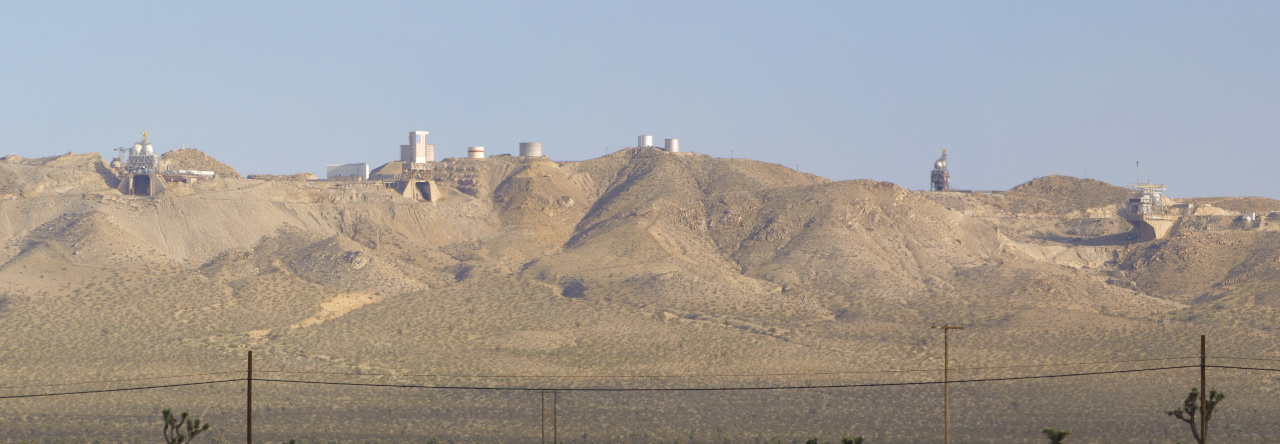
The Demo-2 mission lifts off from Kennedy Space Center, Florida on May 30, 2020. (Image credit: NASA/Bill Ingalls.)
Almost two months ago, SpaceX and NASA launched a rocket with two astronauts on board from Florida to the International Space Station. The mission, dubbed Demo-2 or “Launch America,” got a lot of media coverage, in a media landscape that was desperate to talk about literally anything besides the Coronavirus pandemic that had brought economic and social life to a standstill in the United States and much of the rest of the world.
Even without Coronavirus, Demo-2 likely still would have gotten plenty of attention. Not only was this the first time astronauts were launched into space from the United States since the Space Shuttle was retired nine years ago, it was also a very cool mission. The rocket was a SpaceX Falcon 9, which has a reusable first stage that lands tail-first on a barge in the ocean. (Except for the Solid Rocket Boosters of the Space Shuttle, first stages of rockets generally fall into the ocean and are never recovered.) The spacecraft that the astronauts rode in, SpaceX Dragon, has a sleek interior design that seems to have gotten aesthetic inspiration from Star Trek.
Both NASA and SpaceX had public affairs announcers that covered the mission, and they gushed about how this mission was “one for the history books,” and similar phrases. This was the first time that a private company had launched astronauts to the International Space Station (albeit with funding and lots of other support from NASA), but otherwise I’m not sure what was really historic about the mission. As David Edgerton points out in The Shock of the Old (2007), rocketry on the whole hasn’t been all that significant in human history. Just because something is visible to the public—in this case, through newspapers, broadcast television, Life magazine, National Geographic, NASA.gov, Twitter, and YouTube—doesn’t mean that it is historically significant. I would add that coolness also does not equal historical significance.
If anything, the Demo-2 mission was one for the space trivia books, not history books. I doubt that anybody but space enthusiasts will remember that this mission even happened 10 or 20 years from now.
